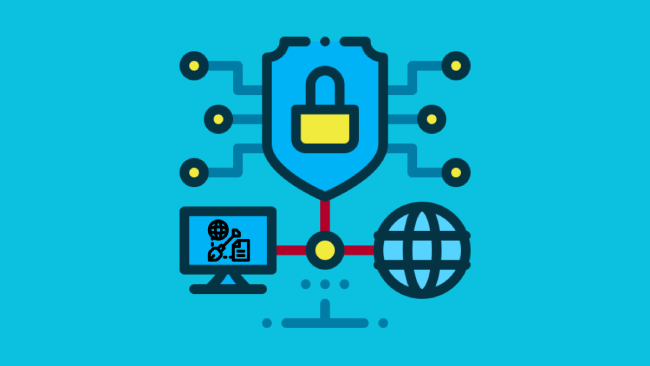Web scraping is the process of gathering data from the web. Typically, scraping uses bots to gather information from openly accessible online sources. The gathered information is subsequently examined and put to use for a variety of things. When you can efficiently and unrestrictedly scrape the web, you can keep track of your competitors, develop strategies, decide what to do next, and pivot based on thorough market and competitor research.
Due to the increased competition online, social media platforms and websites are becoming very selective about who uses their services, what data they make available to the public, who is data-scraping, and how to stop it. Residential proxies are very useful in this situation.

Residential Proxies
An intermediate between a client device and the internet is a proxy server. All device requests are received by them, and before being sent to the target servers, they change the client’s IP address and any other potentially private information.
Residential proxies employ actual IP addresses that are given to legitimate devices, such as computers or smartphones, by ISPs. Websites and other online platforms see you as an actual residential device when you use a residential proxy. This straightforward function provides you with a reliable, secure connection that is virtually undetectable and impossible to identify from other organic visitors.
How to Use Residential Proxies
The use of residential proxies is quite simple. The majority of providers grant you access to their residential proxy pools via a single endpoint proxy, and they are responsible for the choice and administration of those proxies on their end. This means that all you have to do is submit your queries to a proxy endpoint.
Additionally, they will send your request through their personal proxy network on your behalf and, once the request has been completed, send you the HTTP response. It’s fairly simple to integrate this proxy endpoint into your web scrapers because you typically just add a parameter to the request. There is no need to worry about handling bans or changing proxies.
This form of proxy integration is supported out of the box by the majority of web scraping applications, including Webshare.io, ScrapeBox, Apify and PhantomBuster making the process quite simple and straightforward.
Valid Reasons of Using Residential Proxies for Scraping Data
Anonymity
When you scrape data, residential proxies conceal your true identity. For online scraping to be effective, anonymity is essential. Online services and websites want to protect the public data they have, therefore they frequently block access from IPs of rivals and any other suspicious-looking traffic. By routing your traffic through residential proxies, you can scrape and gather web data without restriction while maintaining your anonymity.
Reliability
In order to prevent their data from being scraped, websites occasionally provide false information to scraping requests. Inaccurate analysis is a result of misleading data, which is detrimental to business. Scraping bots can gather accurate data by using legitimate home IP addresses, particularly for real-time needs like retail price comparisons for e-commerce.
Geo-Targeting
Search engines, websites, and social media platforms typically provide users with information that has been carefully selected depending on their online behavior and location. It may be difficult to get and scrape geo-specific data such as offers and pricing comparisons. With residential proxies, you can choose an IP address from the geo-targeted continent, nation, or even city, ensuring that the information you receive is wholly accurate.

Extensive Scraping
You must send a sufficient number of requests for scraping to be accurate and effective. The information will be more current the more queries there are. Multiple requests from IP addresses in the data centre will be quickly detected and denied. There is no way to connect rotating residential proxies together without running the risk of being blocked because they route every request through a new IP address. When using residential proxies for scraping, the quicker acquisition of high-quality data can boost profits.
Avoid Blanket Bans
Some websites impose blanket bans, which are bans on a broad range of IP addresses. Most websites, for instance, have banned AWS IP addresses due to numerous instances of request overload. Because they originate from legitimate devices using legitimate ISP-issued internet connections, genuine, ethically sourced residential proxies avoid blanket bans.
Countless Concurrent Sessions
You can simultaneously scrape data from several websites using residential proxies. You can scrape bigger amounts of data quickly by simultaneously sending several requests. The more data you analyses, the more accurate your results will be, which will make them more useful as a tool for information gathering and decision-making.
Residential Proxies’ Legality
There were valid concerns about how proxy providers obtained access to these residential IP addresses and if they had the owners’ consent to use them when they first started providing residential proxies to their users. The proxy provider sector has thankfully become much more open and clear about how they obtain their residential proxies and how they have specific authority to use them over the past few years.
Wrapping up
Residential proxies are the solution if you need maximum security and anonymity for extensive web scraping. However, not all proxies are created equal. The residential proxies are entirely real and have been obtained ethically. Your web scraping demands are well met by this global community of actual users, who are prepared to improve your company’s sales.



Leave a comment
Have something to say about this article? Add your comment and start the discussion.